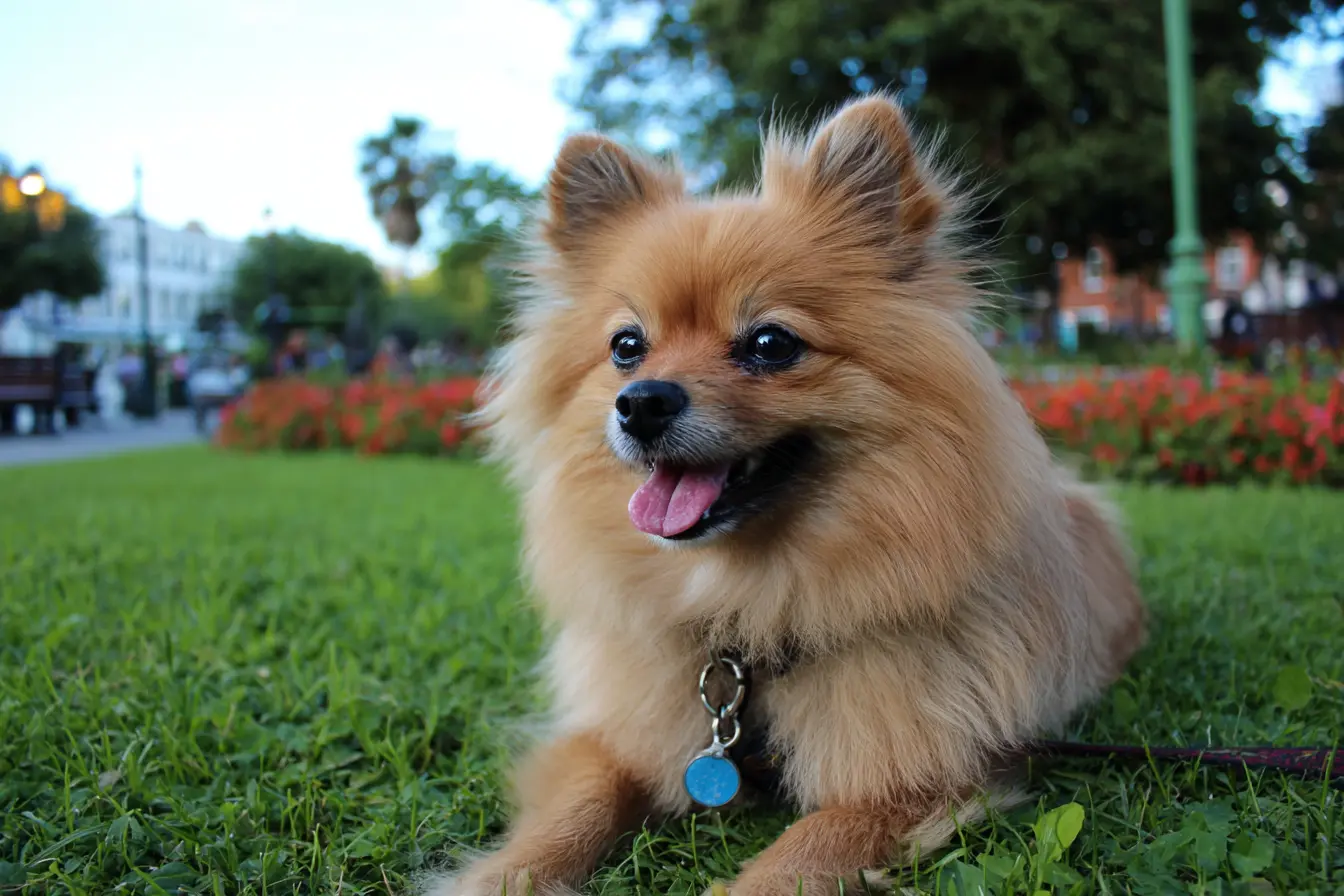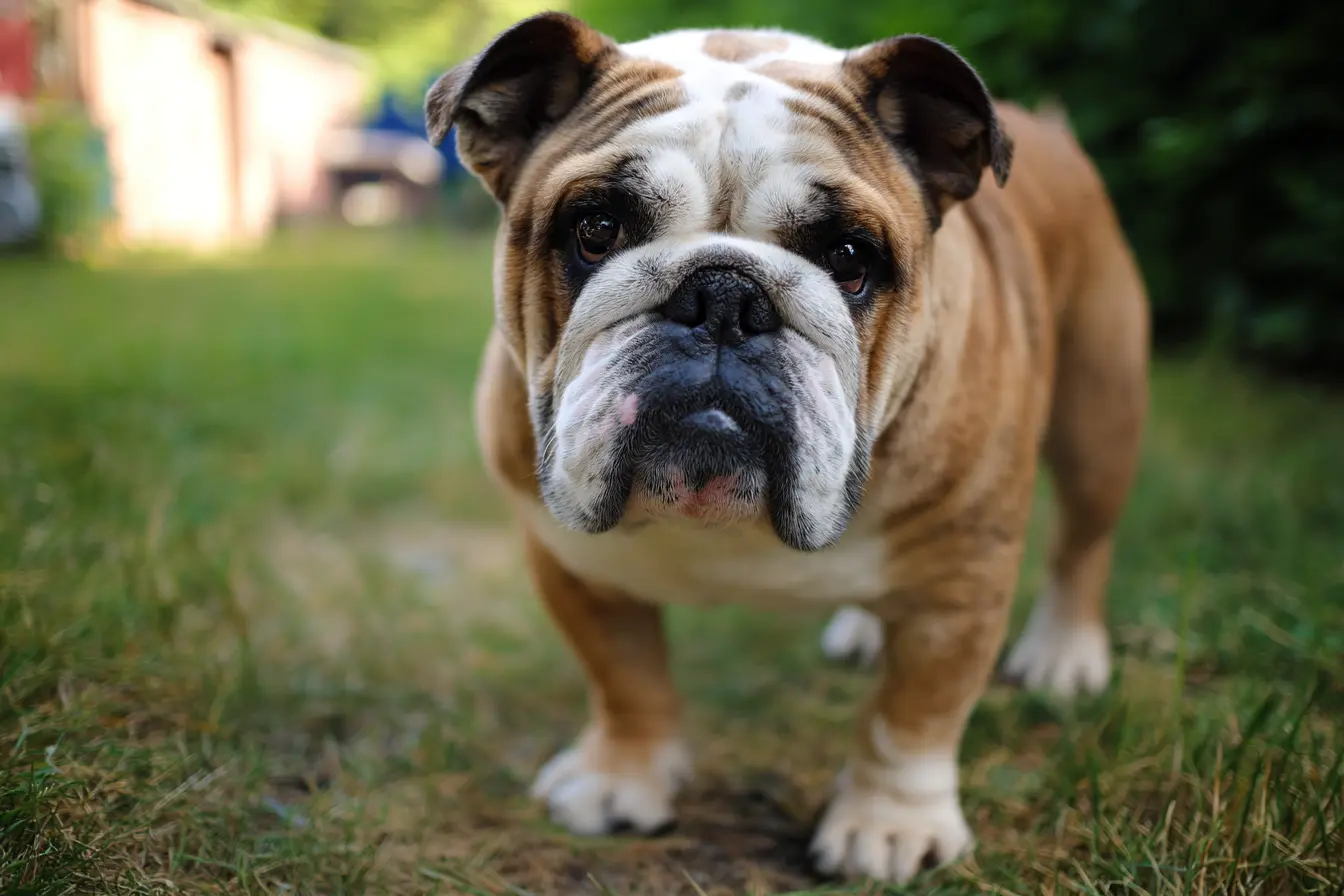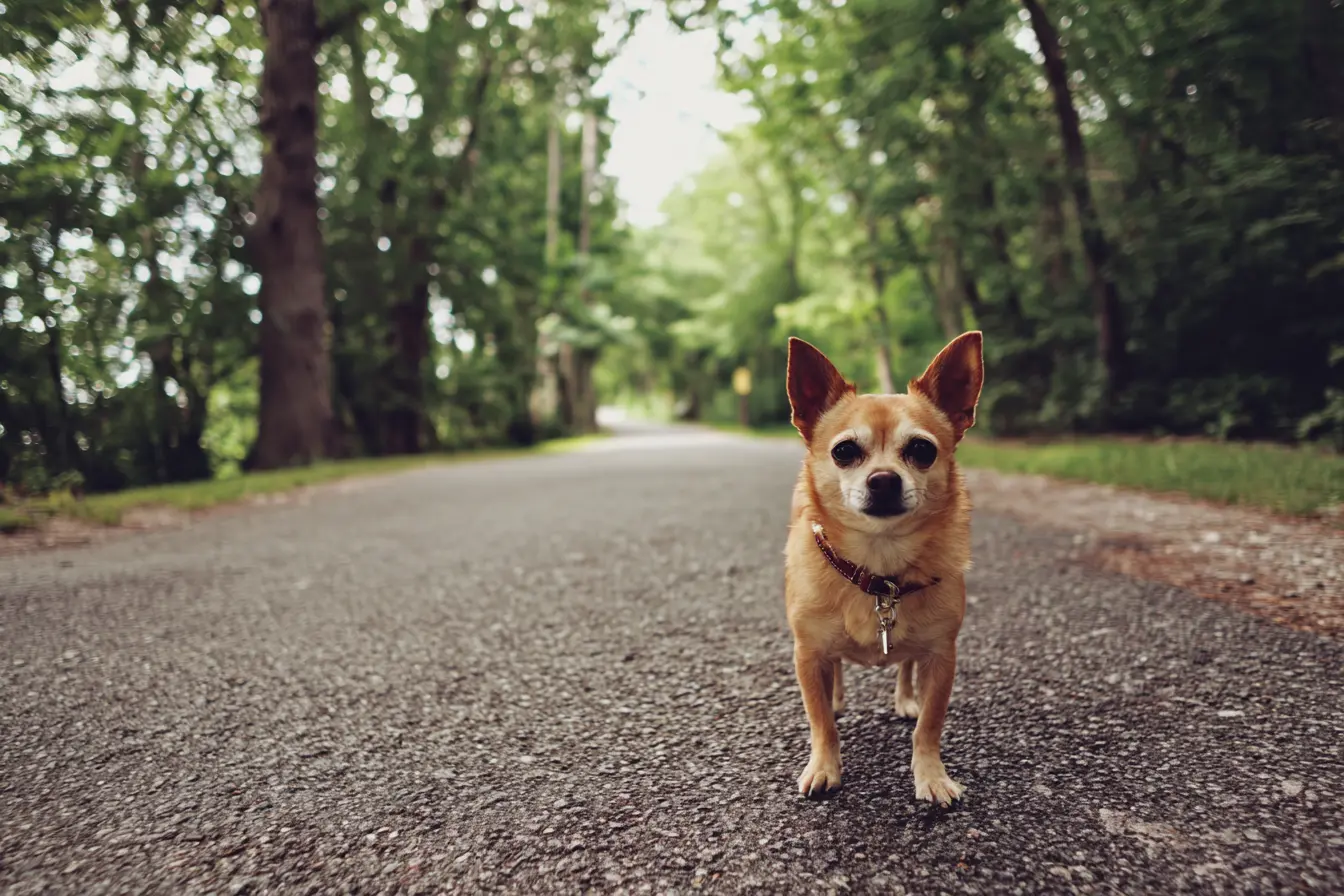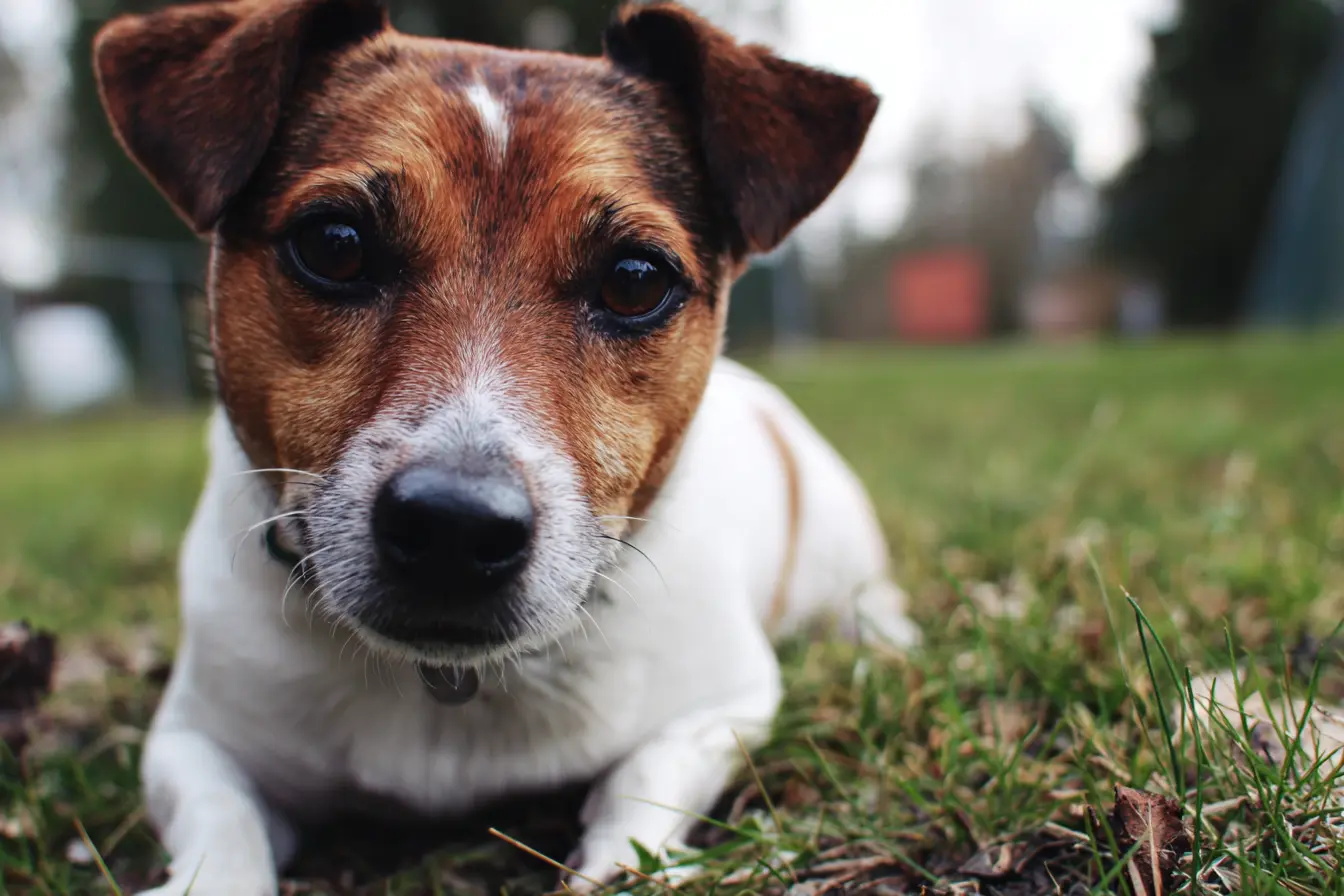
The Pomeranian: A Lively and Glamorous Little Companion
The Pomeranian, with its glorious coat, bright eyes, and lively personality, is a breed that combines elegance with energy. Despite their small size, Pomeranians are known for their bold character, intelligence, and affection. Descended from much larger sled-pulling dogs of the Arctic regions, the modern Pomeranian is a tiny but spirited companion that brings joy and sparkle to any home. If you are considering welcoming a Pomeranian into your life, understanding their characteristics, exercise needs, and care requirements is essential. This guide provides a comprehensive look at this delightful and vibrant breed.
Breed Overview
The Pomeranian belongs to the Toy Group and is named after the Pomerania region in northern Europe, where the breed was refined to its smaller size. Despite their diminutive stature, Pomeranians retain the hardy spirit of their working ancestors and are brimming with personality.
Physical Characteristics
- Size: Pomeranians typically stand 18–24 cm tall at the shoulder and weigh between 1.8 to 3.5 kg.
- Coat and Colour: They boast a luxurious double coat — a soft, thick undercoat and a longer outer coat. Pomeranians come in a wide variety of colours, including orange, black, white, blue, cream, sable, red, and many others.
- Lifespan: The average lifespan of a Pomeranian is around 12–16 years.
Personality and Temperament
Pomeranians are spirited, intelligent, and affectionate dogs. They form strong bonds with their families and often choose a favourite person, although they are generally friendly towards others when properly socialised.
Despite their glamorous appearance, they are true extroverts, lively and often fearless. They are curious and love to be involved in everything that goes on around them.
Pomeranians can be vocal, making them excellent little watchdogs. However, early training is important to prevent excessive barking.
They are intelligent and quick learners, though they can sometimes display a stubborn streak if not given consistent, positive training.
Exercise and Training
Although small, Pomeranians are energetic and require daily exercise. Short walks, playtime, and mental stimulation through games or training sessions help keep them happy and healthy.
They enjoy activities such as obedience, agility, and trick training. Their intelligence means they quickly pick up new commands, and they love showing off for praise and treats.
Training should begin early, with a focus on positive reinforcement and consistency. Despite their small size, Pomeranians need structure and clear boundaries to thrive.
Socialisation is crucial to ensure they grow into confident, well-behaved adults, especially given their natural tendency to be cautious around larger dogs.
Health and Care
Pomeranians are generally healthy dogs, but they can be prone to certain conditions, including:
- Luxating Patella: A common issue where the kneecap slips out of place.
- Dental Problems: Their small mouths can lead to overcrowded teeth and dental disease.
- Tracheal Collapse: A condition affecting the windpipe.
- Hypothyroidism: A hormonal condition that can affect metabolism.
- Coat Loss (Black Skin Disease): A condition leading to hair loss and darkened skin.
Routine veterinary care, a balanced diet, and proper dental hygiene are key to maintaining their health.
Their beautiful coat requires regular grooming. Brushing several times a week helps prevent matting and keeps the coat looking its best. Professional grooming every few months is often recommended.
Regular ear cleaning, nail trimming, and daily tooth brushing should also be part of their grooming routine.
Living with a Pomeranian
Pomeranians are adaptable and can live happily in a variety of homes, from city flats to country houses, provided their exercise and companionship needs are met.
They are indoor dogs and are sensitive to extreme temperatures. Care must be taken during hot weather and cold spells to ensure their comfort and health.
Pomeranians thrive when they are part of daily family life. They enjoy being the centre of attention and participating in activities. They are better suited to families with older children who can handle them gently, as they can be injured easily by rough play.
Despite their small size, they have big personalities and will happily take charge of the household if not given proper leadership.
Is the Pomeranian Right for You?
If you are seeking a small, lively, and affectionate companion with a luxurious appearance and a big heart, the Pomeranian may be the perfect fit. They are ideal for individuals or families who can provide consistent training, daily attention, and regular grooming.
However, if you are looking for a low-maintenance dog or are not prepared for the grooming and potential health care needs of a toy breed, a Pomeranian might not be the right choice.
Conclusion
The Pomeranian is a breed full of charm, spirit, and beauty. With their intelligence, loyalty, and cheerful disposition, they make wonderful companions for those ready to embrace their lively nature and care needs. Given the right environment, training, and love, a Pomeranian will light up your life with their vivacious personality and steadfast devotion.
Contents
Tags
Vets near you
Speciality vets
- Aquatics vet specialists
- Birds vet specialists
- Camelids vet specialists
- Cats vet specialists
- Cattle vet specialists
- Deer vet specialists
- Dogs vet specialists
- Equines vet specialists
- Exotic vet specialists
- Goats vet specialists
- Pigs vet specialists
- Poultry vet specialists
- Sheep vet specialists
- Small Mammals vet specialists
- Wild vet specialists
Vet facilities
- Accessible by public transport
- Blood testing
- Car park nearby
- Client car park
- Dentistry
- Diagnostic imaging
- Disabled public access
- Flea and worm treatments
- Microchipping
- Mobile services
- Neutering
- Open at weekends
- Out-of-hours service
- Referral interests
- Referrals only
- Street parking outside
- Toilets available
- Vaccinations



